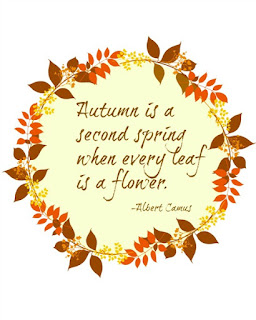So, whether it's resolutions, intentions of anything else at the start of another brand new year, how do you decide what is going to be on a personal list of goals:
Be more tolerant?
Lose some weight?
Eat more healthily?
Go to the gym more?
...and for authors: Organise writing time better?
Being a writer I'd have a few options there: from getting my working/writing environment a bit more organised, getting on with that next book plan...but, actually I'm going to do those things anyway.
My writer brain tells me that what is needed is something a bit deeper! More profound. Hmm. Well then:
The most thought-provoking and definitely most helpful pieces of advice anyone ever gave me when it comes to writing is to always write from the heart. And I've discovered for myself the importance of this.
When you write from your heart you are being yourself, writing what you were meant to write (and sometimes that means not writing what you think will be super popular, best selling, fashionable). It means using your own unique talent for writing and the experiences, values and feelings from within yourself and sharing these with others. It means you will use your own voice in your own way. You're being yourself - who you are and were meant to be. Some of the most inspiring, helpful and useful books I have read were, I'm sure, written from their authors' hearts.
So, inspired by that and the quote below, what I've decided to do for this brand new year, instead of making resolutions or intentions or lists, is to make a promise to remind myself, each day, to always write from the heart.
Write from the heart. Live from the heart. Be authentic. Now that would be a great resolution.
http://www.hilaryhawkes.co.uk/strawberryjambooks/storytherapy.shtml






































